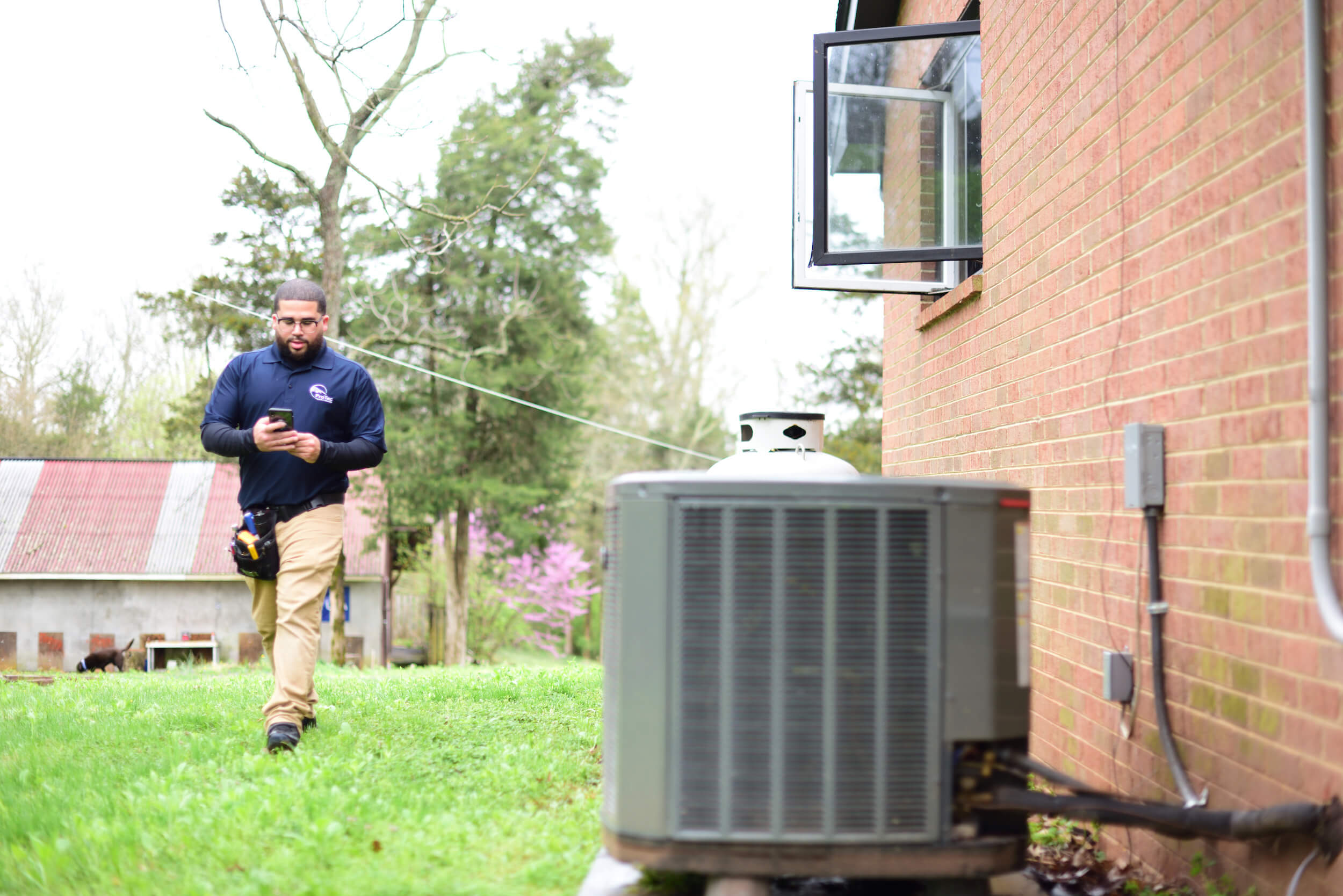What to Expect as a New Home Inspector


We won't sugarcoat it: your first year in the home inspection business will likely be challenging.
It takes hard work, good marketing, excellent relationship building, and a whole lot of faith in yourself to make it through those first twelve months in the home inspection business.
The good news? You can do it if you're willing to put in the work. At Spectora, while we see new inspectors fail, we've also seen hundreds of new inspectors grow into established companies. We've even seen solo inspectors build impressive multi-inspector firms in just a matter of years.
We know what it takes to succeed in this industry, and we're happy to share because we want you to be successful in your first year and beyond.
New inspectors: We know it's hard to figure out where to spend your time as you're getting started.
Should you focus on marketing? Should you spend your time networking? How about professional development?
The answer to those questions is "yes". You'll have to spend time on marketing, networking, professional development, and more to build your business.
Here is our advice for getting started.
When you're starting out as a home inspector, you'll be tired. It might feel easy to pass up an open house invitation or skip your local Chamber of Commerce meeting after a long week of work, cold calls, and likely fewer actual home inspections than you'd like.
We're here to tell you...show up whenever and wherever you can.
To establish yourself in your community, you'll have to adopt a "say yes to everything" mindset. If you see an opportunity to meet agents, take it! If there's a community event where you can meet potential homebuyers, go!
Have you ever heard that relationships are everything in business? Well, it's true. Your relationships with realtors and community members (read: future and potential homebuyers) will be the key to your success.
Networking is hard. Building relationships with agents isn't a one-size-fits-all formula, but there are some tried and true ways to meet local realtors. If you're having trouble making in-person connections, spend some time on social media (yes, we know it sucks. But it's worth it).
Once an agent agrees to use you as their home inspector, deliver the best home inspection to show them that they made the right choice.
When you're getting started and need every dollar of profit you can possibly get, it can feel tempting to buy the cheapest tools available. From what we've seen, that isn't the best strategy.
No, you don't need to start out with high-class business tools. However, there are two things you shouldn't skimp on.
Unique value propositions will set you apart from other inspectors in the area. Do you have excellent educational material to share with homebuyers? Do you provide an over-the-top great experience on-site at the inspection? Are you the only local inspector offering a specific add-on service?
Great! Showcase those to realtors and homebuyers. Any of the above (and more) will help you stand out.
Marketing can get expensive fast. The good news? It doesn't have to break the bank, and it probably shouldn't until you have solid revenue coming in.
There are plenty of free and low-cost marketing efforts you can work on when you're short on budget. If you don't have the capital upfront, focus on social media, relationship building, and other low-cost strategies.
Setting goals is the best way to measure success. Goals are also a great motivational tool. Even if you're a one-man (or one-woman) solo operation, you need to keep yourself accountable.
Each goal you set should fall into a timeframe. What do we mean by that? Well, you'll likely have daily goals, weekly goals, and longer-term quarterly or yearly goals.
This can look like a number of inspections you hope to complete during your first quarter on the job, or the amount of realtors you want to connect with in a week. Hold yourself accountable: it feels good to celebrate the wins, and you can take every time you fall short as a learning opportunity.
Other inspectors in your city/county are your competition.
They also have the potential to be your best teachers and your biggest source of local knowledge.
Finding an experienced, successful home inspector to learn from is the key to growing as a home inspector and as a business owner. If you are worried about competition, branch out from your city and find someone in a nearby town that isn't necessarily your primary service area. As an added bonus, a mentor will provide some company in what is often a lonely industry.
It's not a question of if you'll have a bad week or month; it's a question of when. The key is to not let the down times get you, well, down.
Between a volatile real estate market and the tough reality of establishing yourself as a worthy inspector in your community, we know there are times when inspections are few and far between.
If you have a week, a few weeks, or a full month with no booked inspections, use that time wisely! Take time to work on your marketing. Stop by as many open houses as you can in a week. Host a lunch and learn for local realtors. Write a blog post.
The hard work will pay off, eventually. We promise.